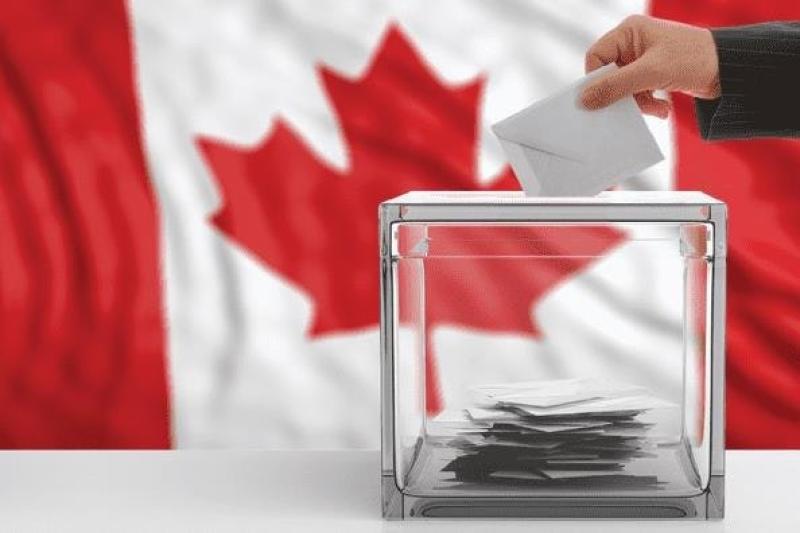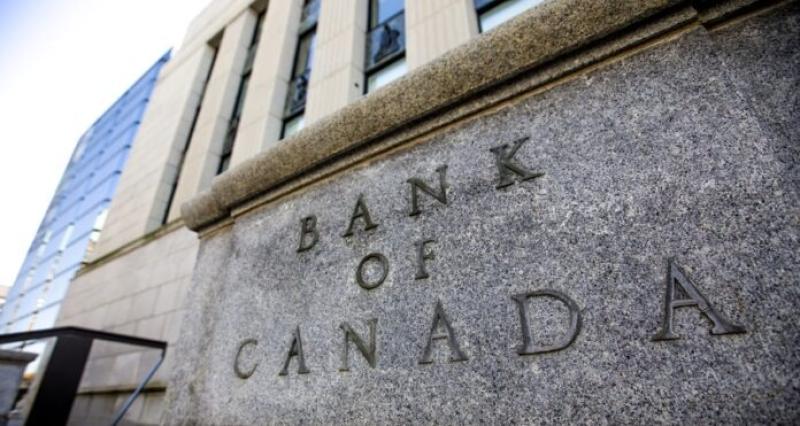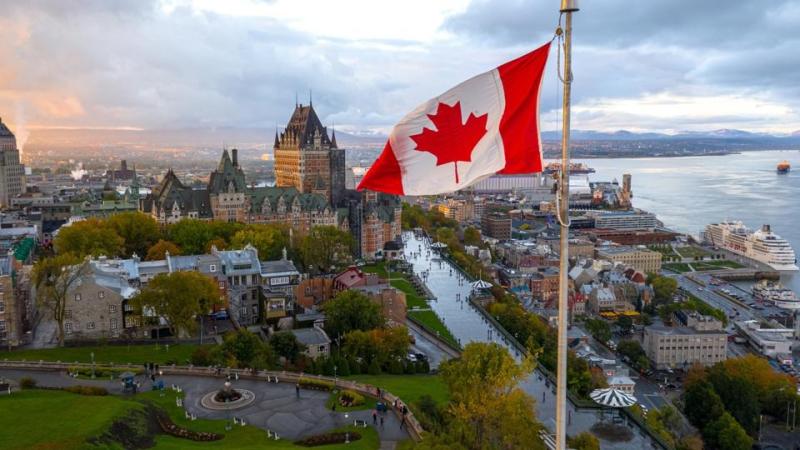Safeguarding Economic Stability and Social Well-being

In any thriving society, the middle class plays an indispensable role in ensuring the balance and progress of the economy. This demographic, characterized by moderate income levels and significant purchasing power, is not just the backbone of economic stability and growth but the very heart of it.
Unlike the limited consumer base of luxury goods, the middle class consumes a wide range of goods and services, driving demand and fostering a dynamic market environment. This mass consumption is vital for sustaining businesses, generating employment, and fueling economic momentum.
Healthy economic systems, such as those in Scandinavian countries, Austria, and the Netherlands, prioritize the well-being of their middle class. These nations have demonstrated that a robust middle class is essential for economic growth and inflation control. Among these countries, Canada once stood out, known globally for having an ideal middle class that attracted people from all corners of the world. Canada’s economic stability and growth were primarily credited to its thriving middle class, which enjoyed a high standard of living and contributed significantly to the nation’s prosperity.
However, recent trends indicate a troubling shift in Canada’s economic landscape. The soaring cost of living has placed immense pressure on the middle class, leading to changes in consumption patterns. Consumers are increasingly avoiding non-essential goods and services, cutting down on dining out, entertainment, and subscriptions to gyms and cable services. The automotive sector is also feeling the strain, with middle-class consumers opting to maintain older vehicles rather than purchasing new ones, often seeking repairs from private shops to save costs.
This shift has far-reaching implications. The health of a nation’s middle class is not just a barometer of economic progress but also a determinant of social stability. Economic hardships among the middle class can increase crime rates, unemployment, and exhausted society. Depression and a loss of interest in life’s joys are becoming more common, and even road rage is on the rise as economic frustration spills over into daily interactions. The presence of reckless drivers, often perceived as non-contributors to the economy, intensifies the chaos on roads and streets, reflecting broader social discontent.
The decline of the middle class poses a significant threat to the fabric of society. A nation cannot sustain progress if its middle class is eroding. It is imperative for all levels of government to take immediate and decisive measures to address this crisis before it is too late. The focus must shift towards internal affairs, prioritizing the well-being of all citizens rather than narrowly catering to specific groups based on ethnicity, ideology, or behaviour.
Governments must strive to bridge the gap between the working class, the unemployed, and the declining standard of living. Ensuring the survival and growth of the middle class is not just an economic necessity but a moral imperative. It is essential to safeguard what remains for future generations, preserving the dream that has made Canada a beacon of hope and opportunity for people worldwide.


















